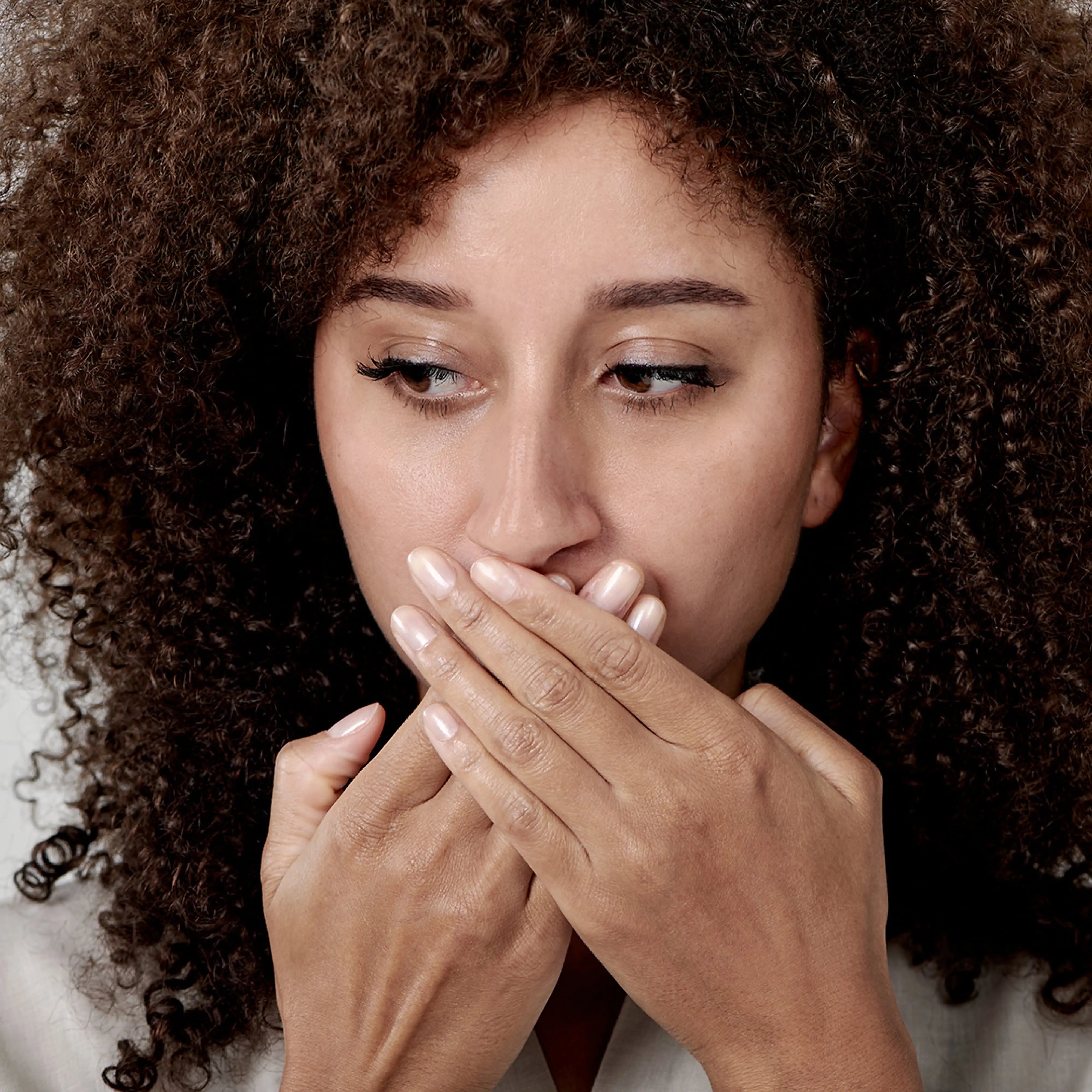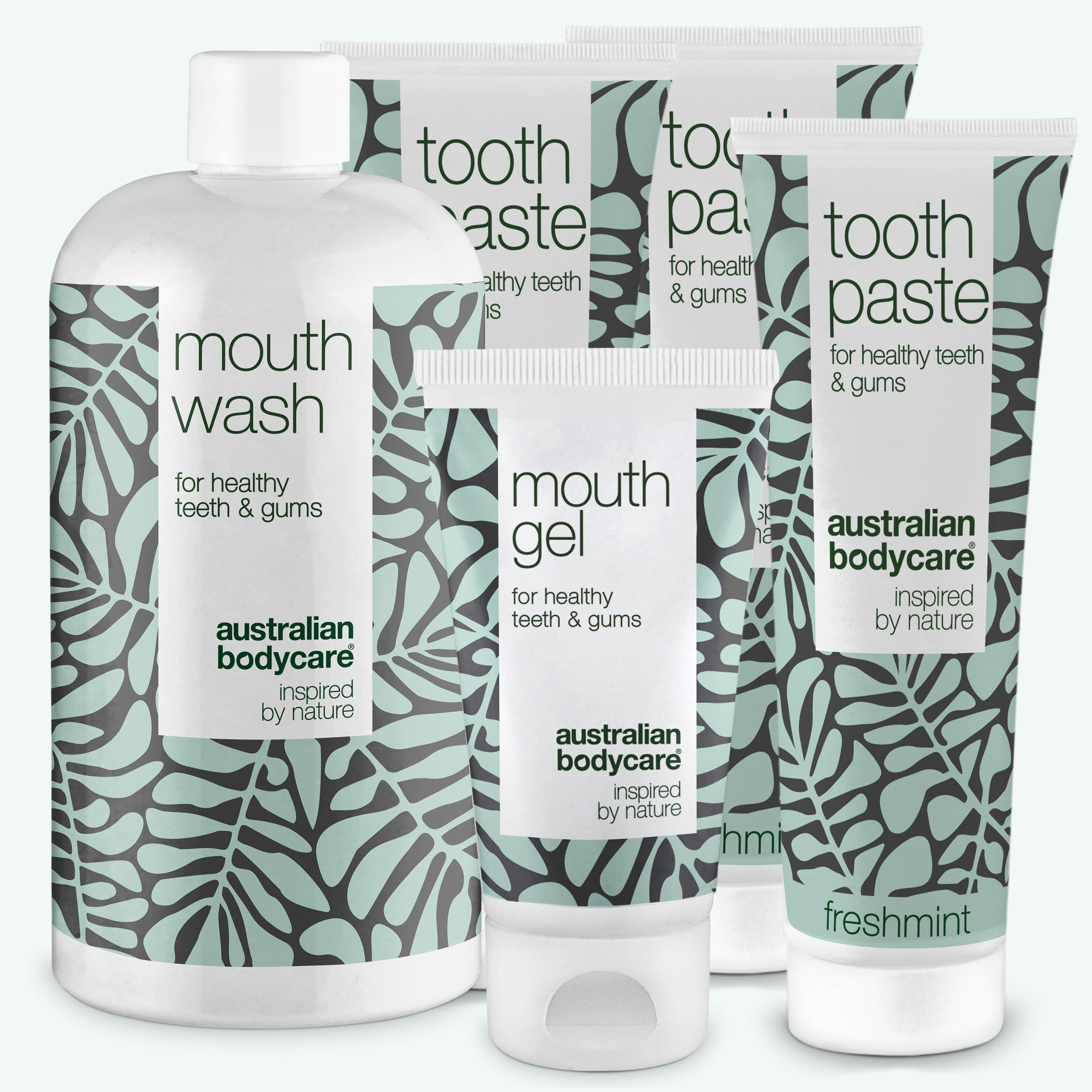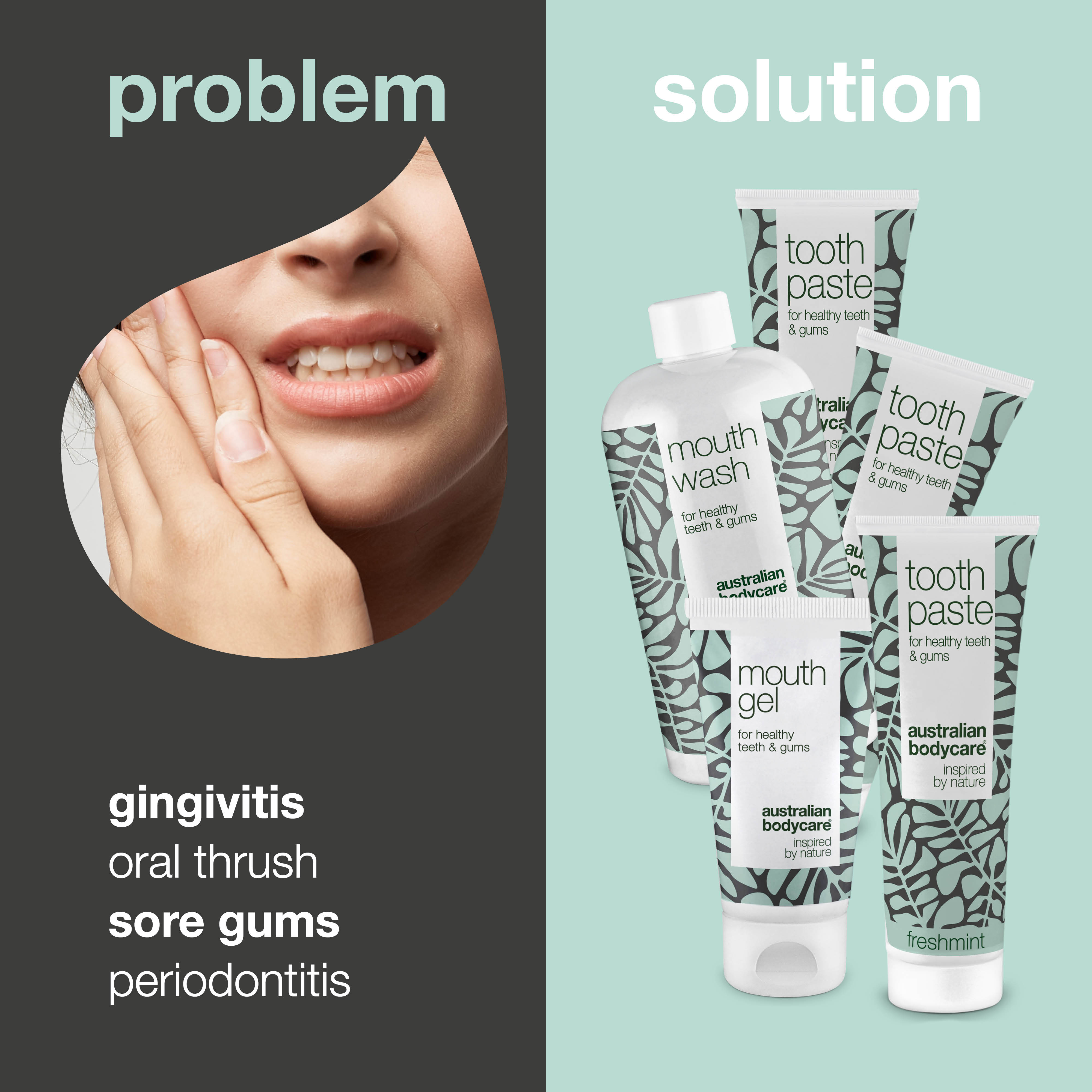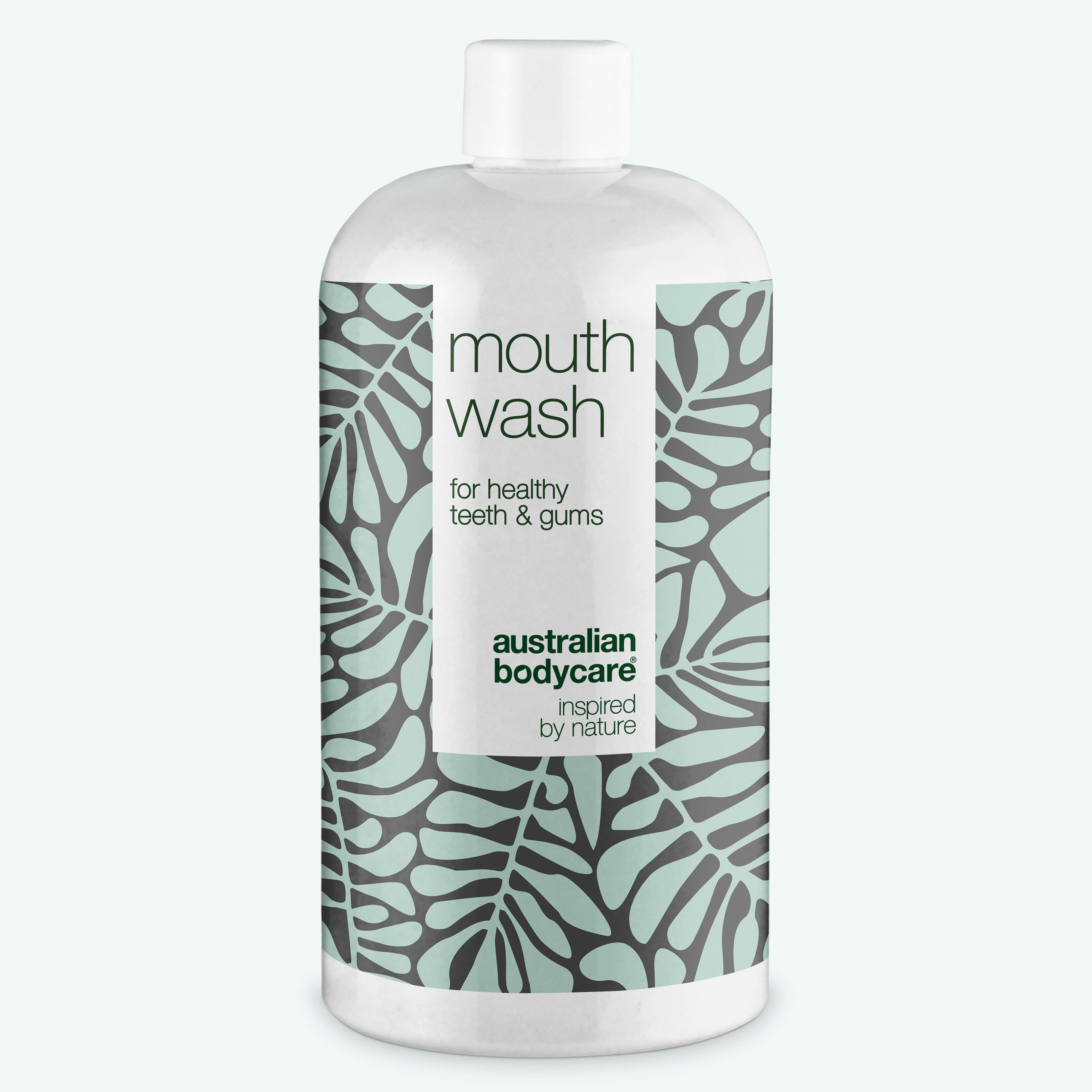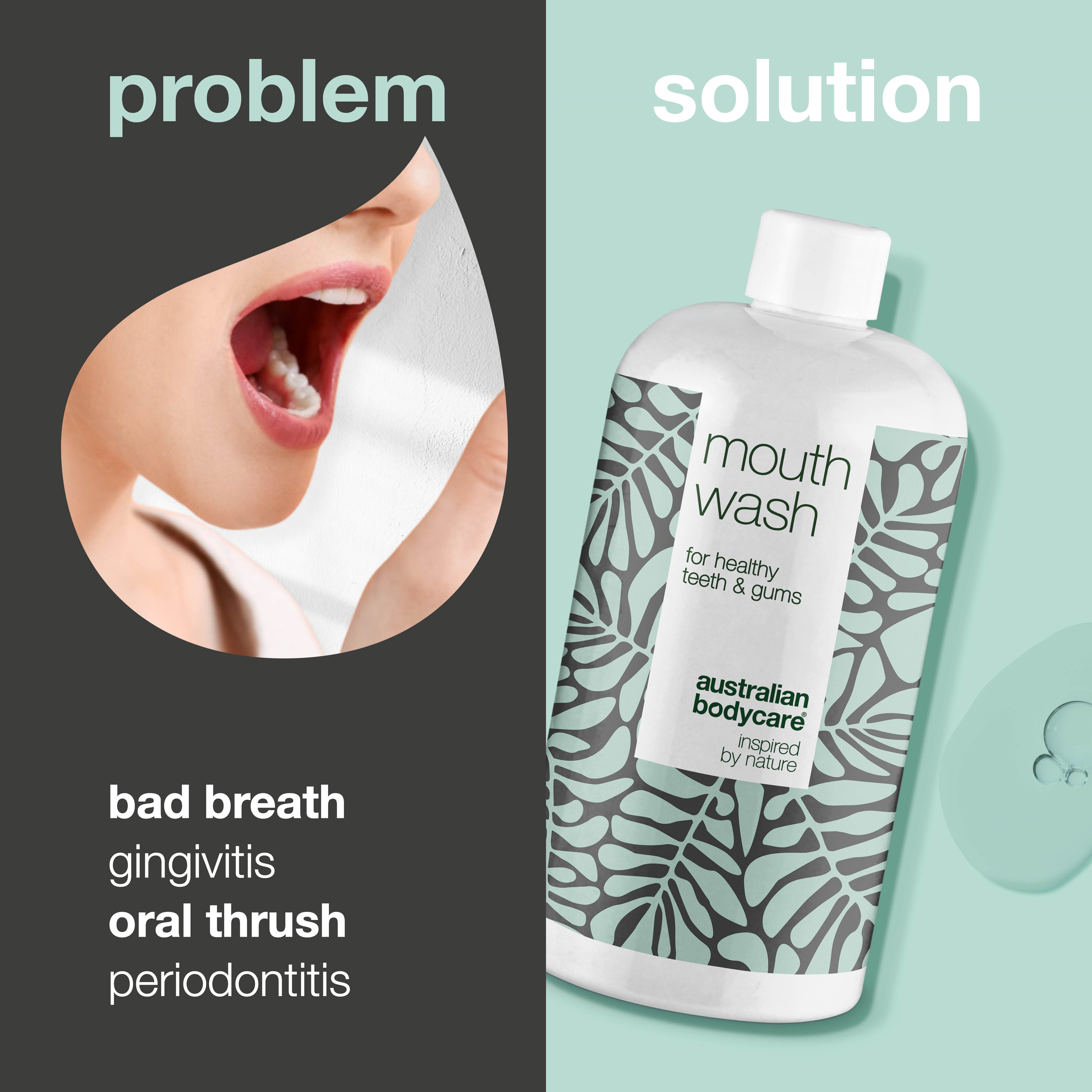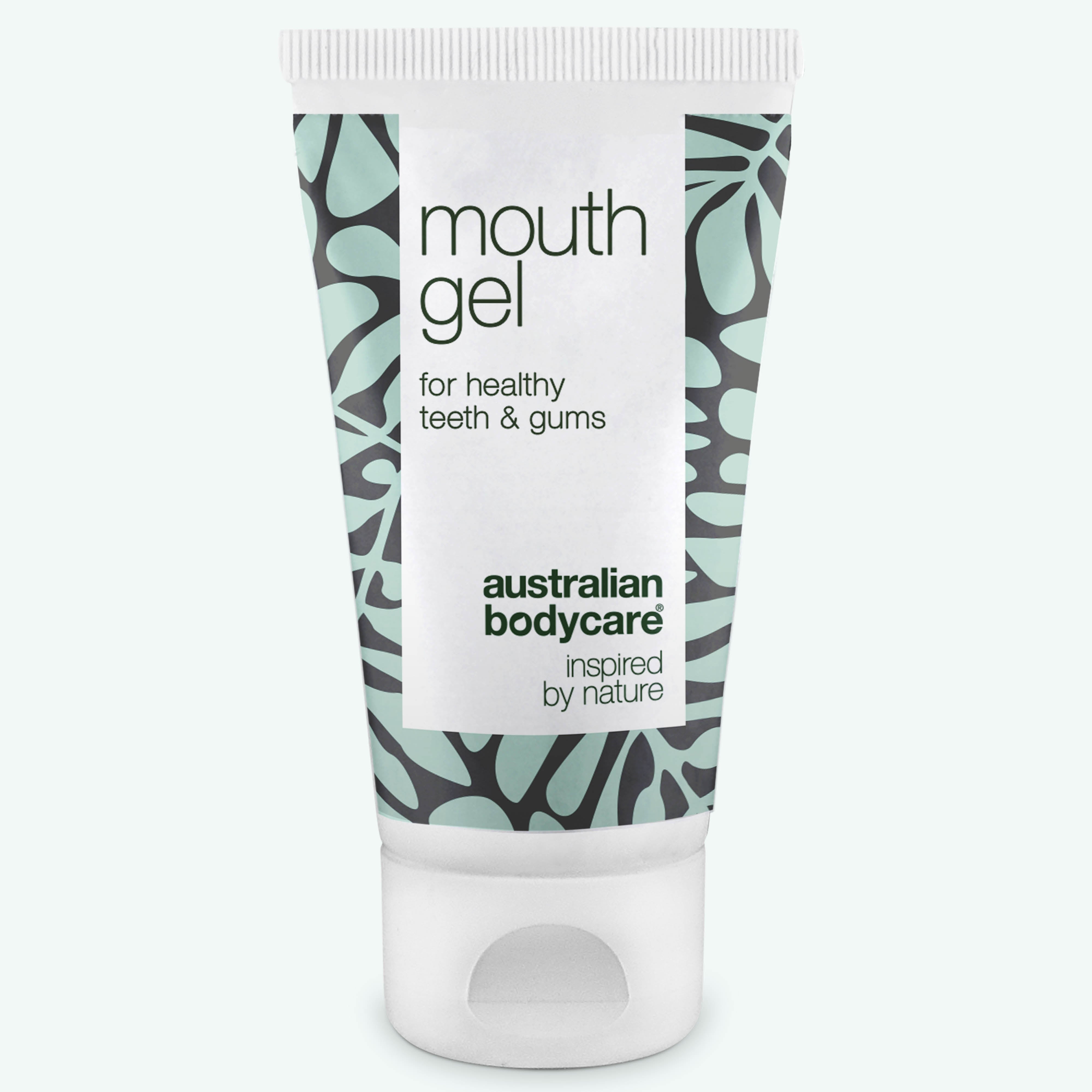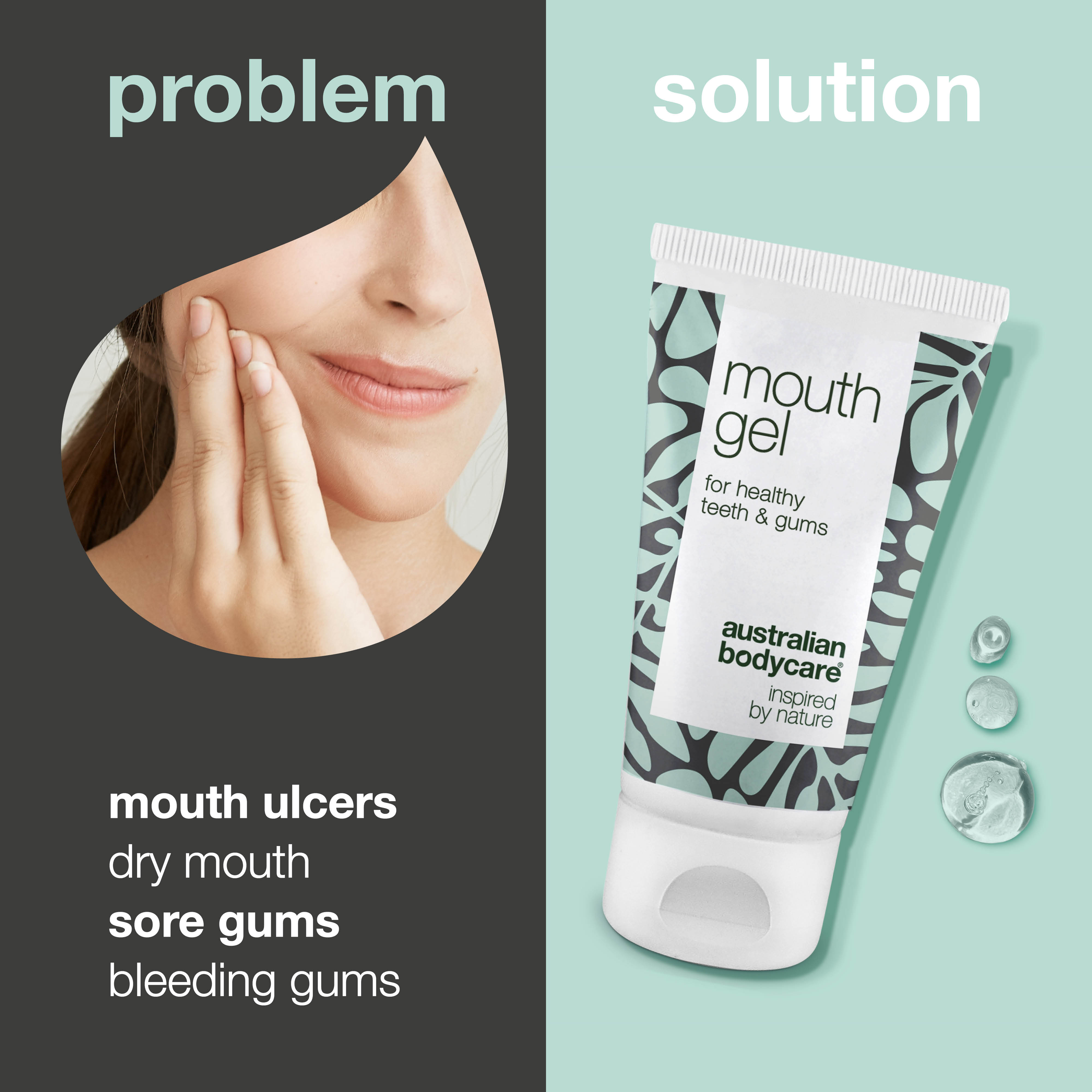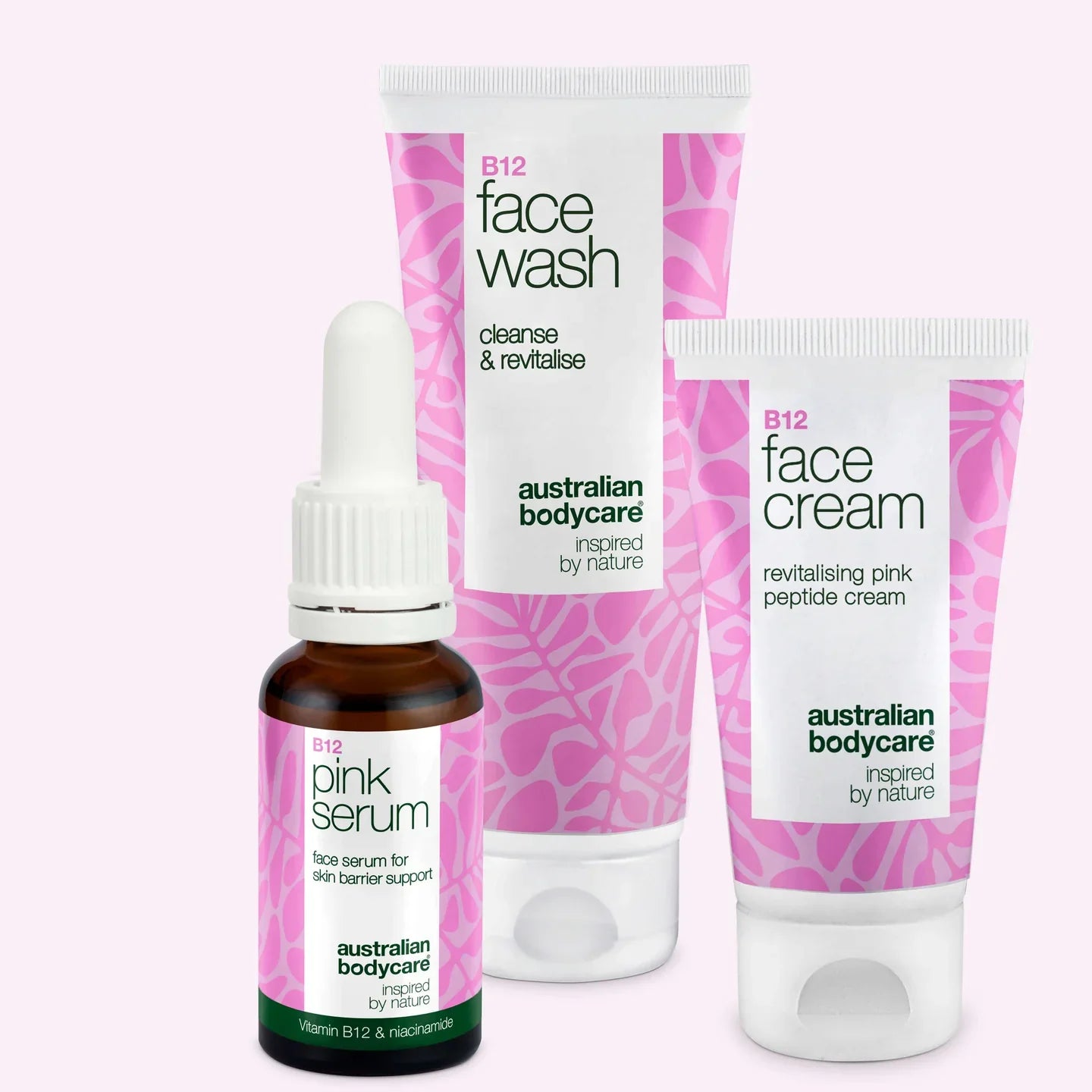Bleeding gums – How to deal with them
Bleeding gums can be a serious problem, and many people experience from time to time that their gums start to bleed.
But what can you do about bleeding gums? And in any case, why does it happen?
You can learn a lot about it from this article.
Table of contents
What are bleeding gums?
In short, bleeding gums are blood that comes from your gums. It can be seen as bleeding at the edge of the teeth.
You may have bleeding gums in one or several places in your mouth.
What are the causes of bleeding gums?
There can be a number of different reasons why your gums are bleeding. You can find out more here.
Gingivitis and poor oral hygiene
In the great majority of cases, bleeding gums are a sign that there is inflammation in your gums (gingivitis).
Gingivitis is one of the most widespread diseases of the teeth and oral cavity. Thus many people will occasionally suffer from gingivitis and bleeding gums. The bleeding occurs typically when you brush your teeth, or clean them with dental floss, or perhaps bite into a hard piece of fruit.
The inflammation and bleeding are most often due to the fact that you have not been sufficiently careful with tooth brushing and oral hygiene. If bacteria and remains of food have been allowed to sit for any length of time without being brushed away, there is a risk gum inflammation will develop – and then give you bleeding gums.
Hormonal changes
The risk of bleeding gums is also greater if there are hormonal changes in your body. This applies especially during pregnancy, for example, when there are drastic changes in the body's hormones.
This means that some women’s gums tend to bleed during pregnancy. The gum problems usually continue right until the woman has stopped breast feeding her baby. .
Smoking
If you smoke, you are giving your mouth poorer chances of maintaining good, healthy oral hygiene. It becomes more difficult to keep your mouth in order, and mouth problems are less likely to clear up automatically.
Not only can smoking be the cause of your bleeding gums, but it may also make the situation worse in a shorter time. It is therefore extra important that as a smoker your take good care of your teeth and your gums.
Medical drugs
If you find your gums are bleeding, the reason may also be that you are taking a particular type of medication.
Certain drugs can make the gums more sensitive, so that there is a greater risk that they will bleed. Information is always given about what adverse reactions various types of medicine can cause, so it is a good idea to be aware of this if you are taking a particular type of medication and you find that your gums bleed.
Stress
Stress can be the worst enemy of the immune response. If you are under a lot of stress for an extended period, it may affect your immune response so much that your mouth suffers too.
How can bleeding gums be prevented and treated?
If you have a problem with bleeding gums, then fortunately, you can find plenty of good advice. You can do quite a lot by your own efforts to deal with it.
Absolutely the best thing you can do to treat and prevent bleeding gums is to maintain good oral hygiene.
You can do that by brushing your teeth thoroughly twice a day and supplementing with dental floss, as a toothbrush cannot reach the bacteria between the teeth.
Brush with a soft toothbrush and effective toothpaste
It is important to use a soft toothbrush that is gentle on the gums. With a soft toothbrush you massage the gums, so that accumulated waste substances are removed at the same time as you brush away plaque and bacteria.
To brush your teeth thoroughly, you can for example use Australian Bodycare's toothpaste with Tea Tree Oil, which has been specially developed to counteract and prevent gum irritation. Tea Tree Oil is a bacteriostatic and helps you combat bacteria and plaque effectively.
Use mouth wash for healthy oral hygiene
After brushing your teeth, it may be a good idea to rinse out with mouth wash. Our mouth wash works effectively to deal with your sore or bleeding gums, because it contains Tea Tree Oil. While it combats bacterial formation, it is at the same time soothing and comforting.
As a bonus, it gives you a clean sensation and fresh breath. If you have bleeding gums, you may also have trouble with bad breath.
Gargle 20 ml mouthwash around your mouth for about a minute – and then spit it out. You should then rinse out with water, and you should wait for 30 minutes or more afterwards, before you eat or drink anything. That way you will benefit most from your mouth care. Use mouth wash twice a day.
Supplement with mouth gel
If you have serious problems with your gums, you can supplement oral care with our mouth gel, which is bacteriostatic in the same way, due to the unique Tea Tree Oil.
Apply about 2 cm of mouth gel on your finger or toothbrush and spread it on your gums. You should not rinse it out, and you should also wait at least 30 minutes after applying the mouth gel before you eat or drink anything, if you want optimal results.
You can use it 1-4 times a day, as required.
More good advice for preventing bleeding gums:
- Drink fewer aerated drinks – Coca Cola is particularly hard on teeth and gums.
- Give up smoking – it puts a strain on your mouth’s natural ability to clear up oral problems.
- Unwind as much as possible. Stress can have a negative effect on your gums, so try to get plenty of sleep and do something you enjoy and find relaxing.
Get professional treatment
It is always important to get treatment for bleeding gums and gingivitis. If you leave it untreated for long, you run the risk that it may develop into periodontitis.
If your own treatment with extra focus on oral hygiene and thorough tooth brushing does not work within two or three weeks, then you should always get your dentist to look at your problems with your gums.

